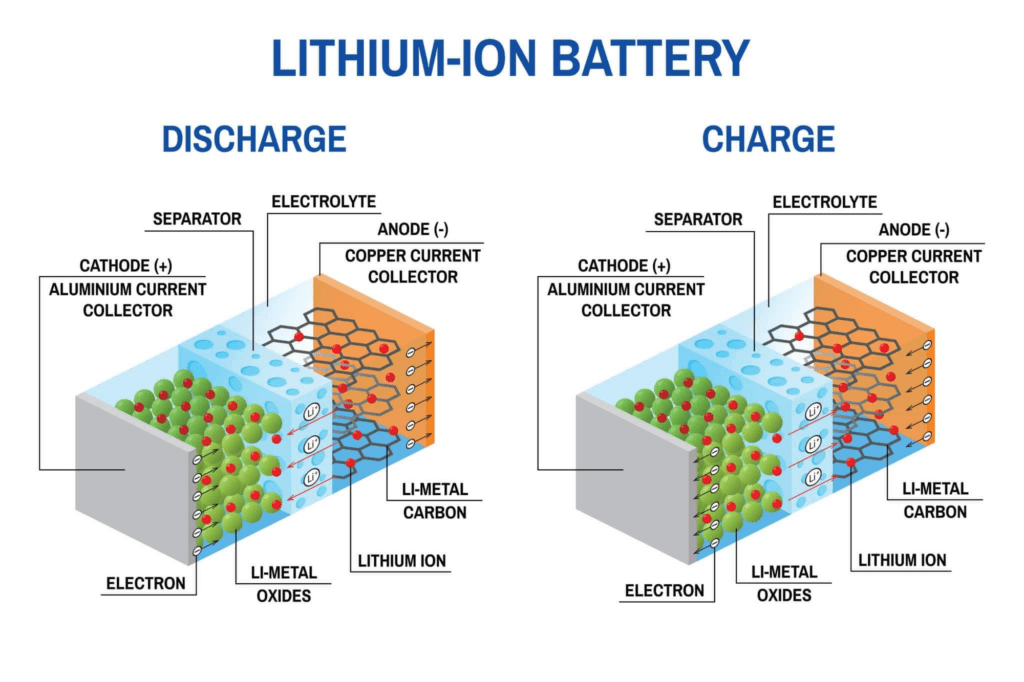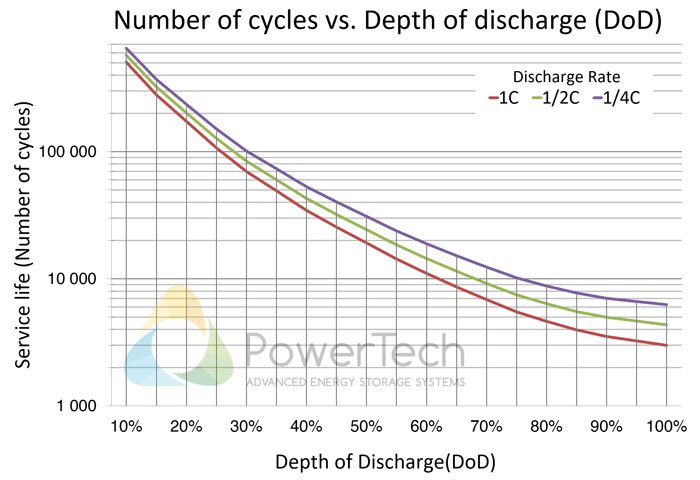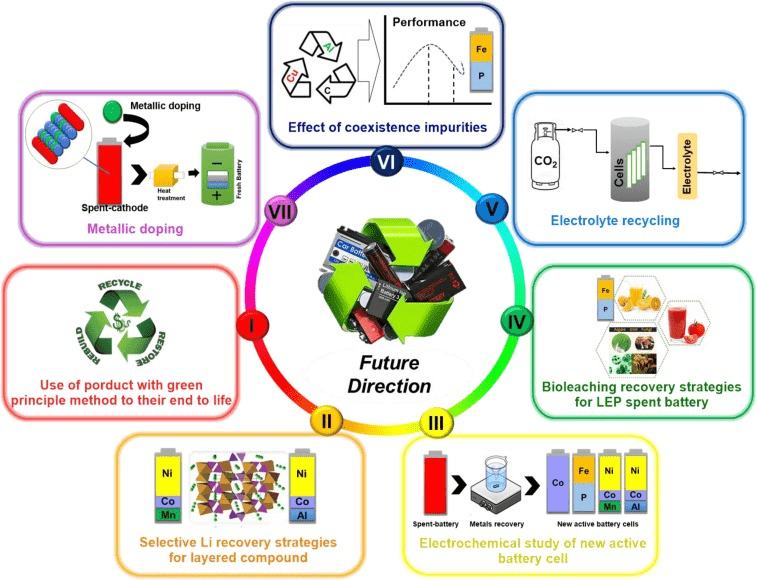11 Thing You Don't Know Why LiFePO4 Batteries So popular
You probably have at least one lithium battery in your house, whether it’s for a cell phone, computer, or camera. Or maybe in your hand now! Lithium batteries are, without a doubt, one of this century’s most significant technological advancements. But there are several other applications for lithium batteries outside the world of household electronics. Read on to find out why!
What Is LiFePO4
Families of lithium batteries are distinguished from one another by their electrode composition. The most general chemistries in use today are those based on cobalt oxide, manganese oxide, and nickel oxide.
Although nickel-based and lead-acid batteries have been used in automobiles for decades, today’s hybrid car batteries utilize lithium-ion technology. Lithium-ion batteries were originally developed for smaller electronic gadgets such as laptops and cell phones in the 1990s. However, these batteries also gained a reputation for being prone to catching fire. This was one of the main reasons lithium was not commonly used to create large battery banks–until the development of lithium iron phosphate (LiFePO4) batteries.

LiFePO4 is an abbreviation for Lithium (Li) Iron (Fe) Phosphate (PO4), which is a type of rechargeable battery with numerous advantages over other types of batteries.
LiFePO4 batteries are made with a cathode material that contains iron and phosphate and an anode made from lithium. This combination makes for a much more stable compound than other lithium-ion chemistries, so LiFePO4 batteries are much safer to use.
In many ways, LiFePO4 batteries improve earlier lithium battery technologies. They are inherently non-combustible while also having slightly lower energy density. Not only are they safer, but also more suited for high-power applications.
Due to these advantages, many industries have begun switching to using LiFePO4 batteries. Some industries include automotive, golf cart, scooter, marine, RV, and floor cleaning machine manufacturers.
Why Is It A Better Choice?

Lithium iron phosphate batteries aren’t exactly new, but they’re just now gaining popularity in commercial markets all around the world. Here is a quick comparison of LiFePO4 and other lithium battery technologies:
Safety And Stability

It’s no secret that lithium-ion batteries have been known to catch fire. This is often the result of using cheaper, less stable materials in the battery’s construction. In contrast, LiFePO4 batteries are made with phosphate-based cathodes, which provide superior thermal and chemical stability.
As a result, these batteries are much less likely to overheat or catch fire. In addition, the phosphate molecules are more resistant to degradation, meaning that LiFePO4 batteries maintain their performance for longer than other lithium-ion batteries.
For these reasons, LiFePO4 batteries are often seen as the safest option on the market. While they may be more expensive upfront, the increased safety and longevity of LiFePO4 batteries make them a wise investment in the long run.
Performance

When choosing a battery for an application, performance is one of the key factors to consider. Lithium iron batteries are appealing because they have a long life, slow self-discharge rates and less weight than lithium-ion batteries.
In addition, lithium-ion batteries are more stable than their lithium-ion counterparts, making them less likely to overheat or catch fire. However, Lithium iron batteries are also more expensive than lithium-ion batteries, so it is important to weigh the cost against the benefits before deciding.
Space Efficiency

As we continue to move towards a more sustainable future, more space and weight-efficient products are increasingly in demand. This is where LiFePO4 batteries come in. While most lead-acid batteries are about one-third the weight and almost half the weight of manganese oxide, LiFePO4 is a lightweight alternative that may be used to save space and weight. Making your product more cost-effective in total
Not to mention, LiFePO4 batteries are also non-toxic, making them a safer option for both people and the environment. With so many benefits, it’s no wonder that LiFePO4 batteries are becoming increasingly popular. LiFePO4 is a great option for improving the efficiency of your product.
Environmental Impact

LiFePO4 batteries are an ecologically responsible choice as they don’t contain any rare earth metals and aren’t toxic or contaminating. Lead-acid and nickel oxide lithium batteries, on the other hand, come with environmental dangers (particularly lead acid since internal chemicals weaken the structure over time until it causes leakage).
While all battery types will have some environmental impact, LiFePO4 batteries are a safer choice for the environment. These batteries are also recyclable, which further reduces their environmental footprint. When choosing a battery type, it is important to consider the potential environmental impacts. For anyone hoping to be more environmentally conscious, LiFePO4 batteries are a great option.
What Are Lithium Batteries Used For? (LiFePO4)
Reliable Power for Your RV

As any RVer knows, having a reliable power source is essential. After all, your RV house battery powers all your “home” comforts, like your water/septic system, fans, and fridge.
Lead acid batteries have long been the RV choice for most people. However, lithium is a significant improvement over previous technology. Why? The main reason is that they endure far longer. You can generally utilize a lithium RV battery for 10 years or more before changing it. Compare this to a lead acid battery’s 2-4 year life span.
In addition, lithium batteries are much lighter than their lead-acid counterparts, making them easier to move and install. In addition, you don’t have to spend as much time maintaining lithium batteries, which gives you more freedom to enjoy your RV and less time worrying about your power source.
So if you’re looking for a reliable power source for your RV, look no further than a lithium battery. You won’t be disappointed!
Best Boondocking Batteries
On any camping trip, RV batteries are key in supplying power for lights and other necessities. Yet different types of batteries have varying levels of dependability. In severe weather conditions, lithium RV batteries outperform other battery models—so if you encounter some unexpectedly bitter temperatures on your journey, you’ll be better off with LiFePO4.
In some cases, batteries come equipped with a heater (as this one does), allowing you to charge them in temperatures as low as 0°F. Before beginning the charging process, the built-in heater detects low temperatures and heats your battery to a safe charging temperature.
Lithium batteries have a variety of uses, such as camping in cold weather, ice fishing, and off-grid cabins. They are also dependable power sources during an outage. A lithium RV battery will significantly improve your camping trip.
Lightest Battery for Boats

The benefits of having a LiFePO4 battery on your boat are numerous. First and foremost, they are much lighter than lead-acid batteries, so they won’t weigh your boat down as much. This is extremely important because every ounce counts regarding speed and agility on the water.
In addition, LiFePO4 batteries are more compact than lead acid batteries, so they’ll take up less space on your boat. This is important for two reasons:
- one, you’ll have more room on your boat for other things;
- and two, compact batteries are less likely to get in the way and cause accidents.
Finally, LiFePO4 batteries pack the same amount of energy punch as lead acid batteries, so you’ll still be able to run all your electronic devices without any problems. In short, if you’re looking for a lighter, more compact, and more powerful battery for your boat, LiFePO4 is the way to go.
The Speediest Option for Your Golf Cart

As any golfer knows, a good game depends on having the right equipment. Golf carts are one of the most essential pieces of equipment in the golf course. Golf carts must be nimble and quick to keep up with the players while still having a battery that might be quickly and simply charged.
LiFePO4 batteries are the ideal solution for golf carts, as they can reach full speed and agility and can be charged up to 500% faster than lead acid batteries.
So if someone forgets to charge the battery overnight, there’s no need to cancel the game -LiFePO4 batteries will have the golf cart up and running in no time.
In addition, LiFePO4 batteries are more durable and long-lasting than lead acid batteries, so golf carts can rely on them for years to come.
In short, LiFePO4 batteries are the best option for powering golf carts -they’re fast, efficient, and durable.
Safely Storing Solar Power

When you’re living off-grid or enjoying the great outdoors, solar power is an excellent way to have access to creature comforts (or essentials). However, it’s not as easy as just connecting a solar panel directly to your cell phone. You need a batteries that can safely and reliably store solar energy, like LiFePO4 batteries.
LiFePO4 batteries are made with a more stable lithium iron phosphate compound than other types of batteries, making them less likely to overheat or catch fire. They can be charged quickly with the low-resistance charge of solar panels, making them ideal for use with solar power. And because they don’t require any maintenance, you can enjoy peace of mind knowing that your solar-powered devices will work when you need them.
So if you’re looking for a safe and efficient way to store solar power, LiFePO4 batteries are the way to go.
Dependable Commercial Batteries
Commercial lithium batteries are ideal for businesses that need dependable, hard-working batteries. These batteries can withstand a wide range of commercial applications, from floor sweepers and lift gates to floor scrubbers and small forklifts.
Lithium batteries have several advantages over other batteries, including their lightning-fast charge time. When time is money, lithium batteries can help businesses save both by getting the job done quickly. Lithium batteries also save energy, providing power to machines so they can operate at their full potential.
Commercial lithium batteries are ideal for businesses that need a reliable, high-performing battery.
LiFePO4 Dual Batteries: 2 For 1 Deal

The uses we mentioned before are all examples of deep cycle battery uses. This means they provide a consistent amount of energy over an extended period. But what else are lithium batteries good for? We’re glad you asked!
In addition to deep cycle power, some LiFePO4 batteries can also be used as starting batteries for trolling motors. In fact, this dual-purpose 12 Volt 100Ah lithium battery can start your motor and run your onboard gadgets.
Thus, whether you need a reliable battery for your RV, boat, or another recreational vehicle, a LiFePO4 battery is a great option to consider. Not only will it provide the deep cycle power you need, but it can also serve as a backup starting battery in case your primary battery fails.
Give LiFePO4 batteries a try if you’re in the market for a versatile and durable battery – you might be pleasantly surprised at all they have to offer!
What Are Lithium Batteries Used For the Most?
Due to their dependability, lithium batteries are becoming increasingly common. Their primary application appears to be in the outdoors, where they are required the most.
This is because lithium batteries can last much longer than other deep-cycle batteries and can operate in extreme hot and cold temperatures. They are also protected from unsafe conditions by a built-in battery management system.
More and more people are using lithium batteries for their RV, boat, kayak, or solar setup because of their many benefits. By switching to lithium, you can have a better outdoor experience overall.
